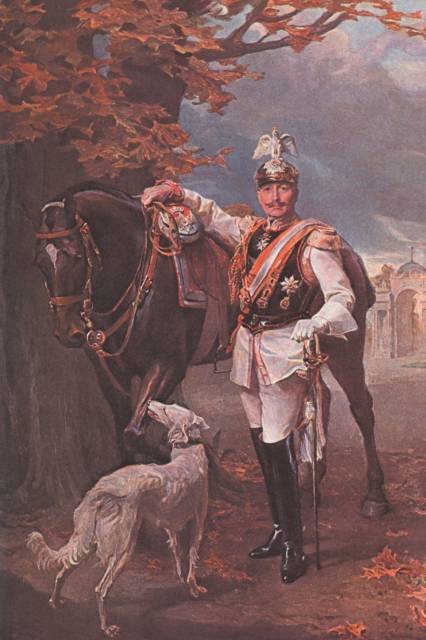
- Afhalen na 1 uur in een winkel met voorraad
- Gratis thuislevering in België vanaf € 30
- Ruim aanbod met 7 miljoen producten
- Afhalen na 1 uur in een winkel met voorraad
- Gratis thuislevering in België vanaf € 30
- Ruim aanbod met 7 miljoen producten
Zoeken
Kaiser Wilhelm II New Interpretations
The Corfu Papers
John C G Röhl, Nicolaus Sombart
Paperback | Engels
€ 64,95
+ 129 punten
Omschrijving
Kaiser Wilhelm II (1859-1941) is one of the most fascinating figures in European history. Inheriting the 'mightiest throne on earth' in 1888, he played a central part in fashioning the policies which culminated in the catastrophe of 1914-18, the collapse of the Reich, and his own abdication. To an extraordinary extent he was also representative of his epoch: brilliant, bizarre, aggressive, insecure. Yet German historians have virtually ignored him. They have written the history of the Kaiserreich without the Kaiser, of Wilhelminism without Wilhelm, leaving the field to the amateurs. Recently, the conviction has been growing, in Germany as well as in American and Great Britain, that the huge advances achieved in the social and economic history of Imperial Germany must now be complemented by deeper research into the Kaiser's character, his role in decision-making, and his relationship to the social and cultural values of his era. In September 1979, a dozen historians met in the Kaiser's palace on Corfu to discuss these questions: this book contains their findings.
Specificaties
Betrokkenen
- Auteur(s):
- Uitgeverij:
Inhoud
- Aantal bladzijden:
- 336
- Taal:
- Engels
Eigenschappen
- Productcode (EAN):
- 9780521019903
- Verschijningsdatum:
- 15/09/2005
- Uitvoering:
- Paperback
- Formaat:
- Trade paperback (VS)
- Afmetingen:
- 156 mm x 234 mm
- Gewicht:
- 471 g

Alleen bij Standaard Boekhandel
+ 129 punten op je klantenkaart van Standaard Boekhandel
Beoordelingen
We publiceren alleen reviews die voldoen aan de voorwaarden voor reviews. Bekijk onze voorwaarden voor reviews.











